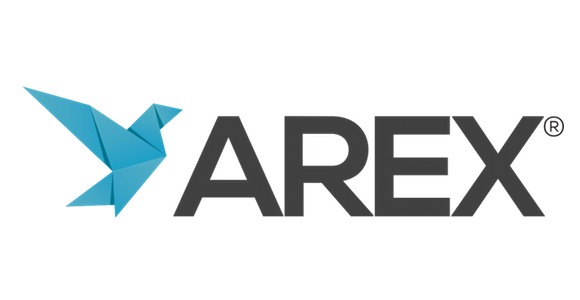
Any politician will tell you that SMEs are the lifeblood of the economy. Despite that any company will tell you they have trouble getting access to short-term lending to smooth out the ups and downs of cashflow. Irish startup AREX with some Finnish origins, has put together what they call a Receivables Exchange thinks they have the solution to give access to short-term borrowing, and definitely an interesting startup in the Financial tech sector.
Looking at the state of lending these days the rise of lean businesses is a blessing and a curse – you don’t need a server farm in the other room to hit customers around the world, but at the same time many companies don’t have any assets on top of an iMac and a few desks to borrow against. We’re not just talking software startups here – today’s construction companies don’t buy cranes and tools that sit on their balance sheet, they lease them for the jobs they need.
On top of that you’ve heard the story how banks have tightened up lending after the financial downturn, making it difficult to get access to short term credit. And if you are doing business with large corporations, you might see your payment terms stretching towards 60 or even 90 days rather than the traditional 30.
The result is a SME financing gap in Europe that’s projected towards €250 Billion, according to Duedil, which is notably about the size of the Finnish economy.
“Looking at Finnish figures, over the past 10 years 7000 jobs have been created by large enterprises, while over 100,000 new jobs created by SMEs. If they’re cash strapped then the companies can’t take risks, they can’t grow and it’s just worsening the recession. It’s a vicious cycle.” says Perttu Jalkanen, CCO of AREX.
AREX works by using your accounts receivables as an asset to borrow against – so say you hit that big deal that’s going to pay out in 60 days, you can take that invoice to AREX where the credit ratings of the two companies are used to create an AREX contract that can be bid on by investors. If enough investors make the market you can receive the invoiced money immediately, at a discount. The idea was coined by Kim Forsman, founder of Maventa, the invoicing platform, which means that the team behind AREX isn’t exactly first-timers when it comes to invoice processing. Maventa was acquired early 2013 by Visma and was processing approximately 2 billion euros per month in receivables, a tenth of the Finnish GDP.
The idea is similar to Dynamic Discounting, which is where if you’ve got a long term relationship with a large supplier like Nokia (for instance) where the payment terms are 90 days, you could then ask for paying the value after 10 days, but only paying e.g 95% of the face value.
AREX has no starting fees but takes a 0.25% commission from the successfully financed receivable.
“It’s more cost efficient for [SMEs] and it puts them in the drivers seat as they are able to choose when, which invoices and at what price they are willing to finance them. They banks are not lending, dynamic discounting is not for everyone, so the only solution is selling their accounts receivables,” says Jalkanen.
In some sense you could call this Payday loans for companies, but in a competitive market between companies with good credit rating we shouldn’t see the predatory interest rates that have make up that industry. Have any thoughts about the concept? Let us know in the comments.




